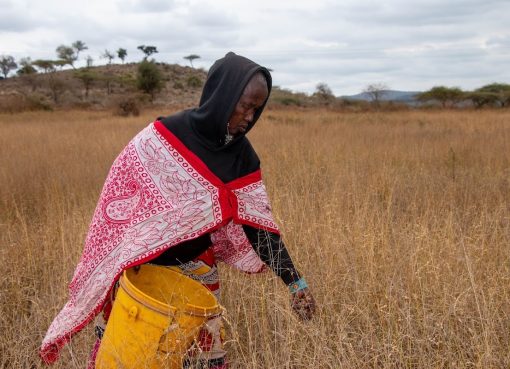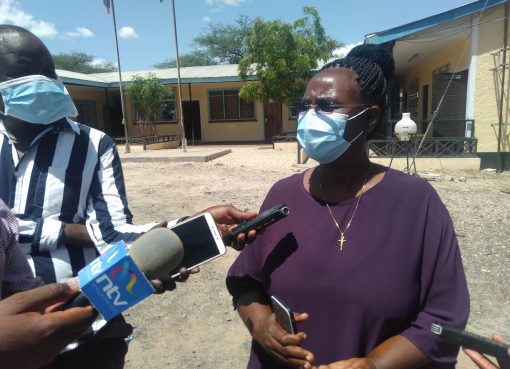Kenya will next week hold a Global Gap Tour Stop conference that has attracted over 500 industry players in production and export mainly dealing with fruits, vegetables, herbs, nuts and related sub-sectors.
The event that will run from 30th October to 1st November is being organized by an international food safety certification body, Global G.A.P. (Good Agricultural Practices), a local company, Rootooba and and hosted by the Kenya Agricultural Livestock Research Organization (KALRO).
In a press release prior to the conference, stakeholders, in the agriculture industry as well as the public will be able to learn more on the GLOBALG.A.P. which is the most widely used on-farm food safety system worldwide, in the fresh food supply chain.
The demand by small and mid-scale producers in Kenya and Africa wanting to understand the relevance of the GLOBALG.A.P. System for international, regional and local markets is increasing.
Dr. Charity Mutegi from KALRO and also the aflasafetm project’s Kenya Country Coordinator said that compliance to Good Agricultural Practices (G.A.P) has become a prerequisite for access to not only international markets but also regional and domestic markets that are increasingly focusing on exerting safety standards.
“Small and Medium Scale producers who need to access and maintain these markets must therefore comply with GAP requirements at the minimum”, she said .
In particular, Dr. Mutegi said producers of fresh fruits and vegetables, avocado, herbs, macadamia, grains, tubers, coffee and tea in the eastern African region who want to improve their farm operations, safety, quality and traceability to claim a market share in the lucrative international markets require GAP.
Leading players in the fresh commodities value chains including producers, agri-input players, certification bodies, government regulators, testing laboratories, retailers and capacity building bodies will participate in the event which is also open to farmers and the public.
State Department for Crops Development and Agricultural Research, Prof. Hamadi Boga is expected to open the 3 Day event.
Speaking to KNA on phone, the PS said that although Kenya has a wider national food and nutrition policy and not a Food Safety Policy, there exists food laws designed to protect the consumers as well as national food safety control that is shared among different government ministries and agencies.
Prof Boga further said that safe steps in handling food such as washing of hands,, proper handling of food and also storage are some of the essential ways that all can be able to follow to ensure that food is safe.
Currently there is a proposal for establishment of a National Food Safety Authority under Policy once passed through an act of parliament
There are 22 legislations for food safety and quality under the various Acts of parliament, implemented by the different agencies.
According to World Health Organization (WHO) , Unsafe food poses global health threats. Every year 220 million children contract diarrhoea diseases and 96 000 die. Where food supplies are insecure, people tend to shift to less healthy diets and consume more “unsafe foods” in which chemical, microbiological and other hazards pose health risks.
By Wangari Ndirangu




